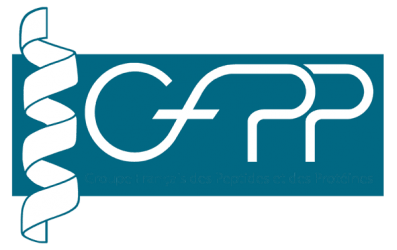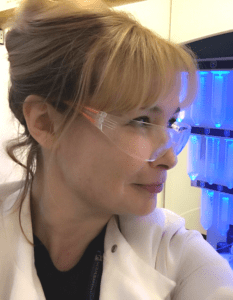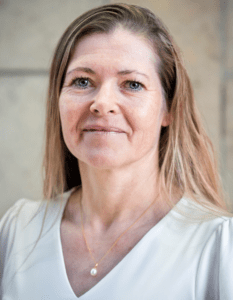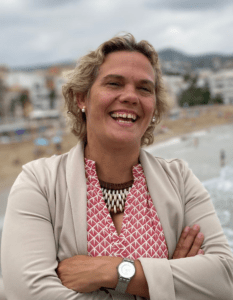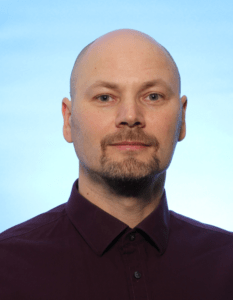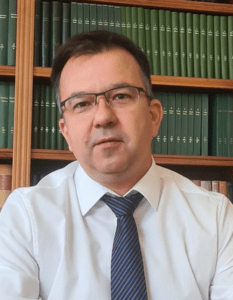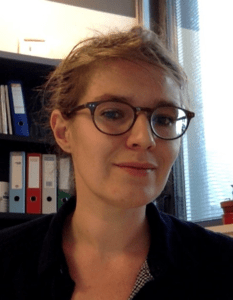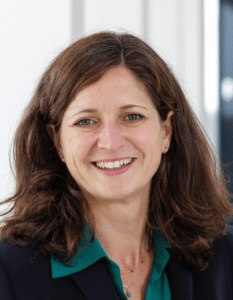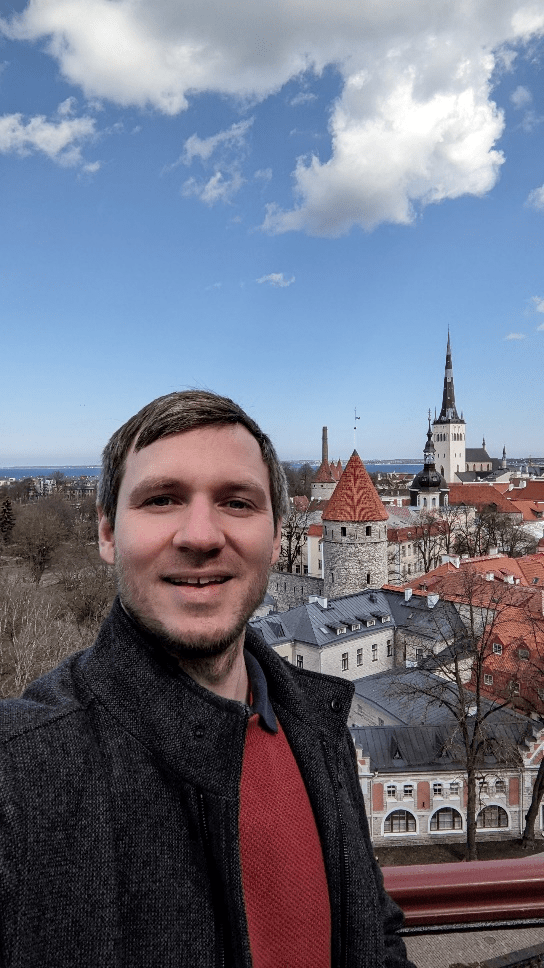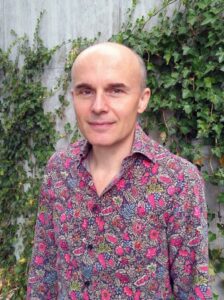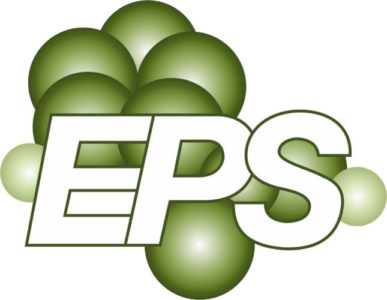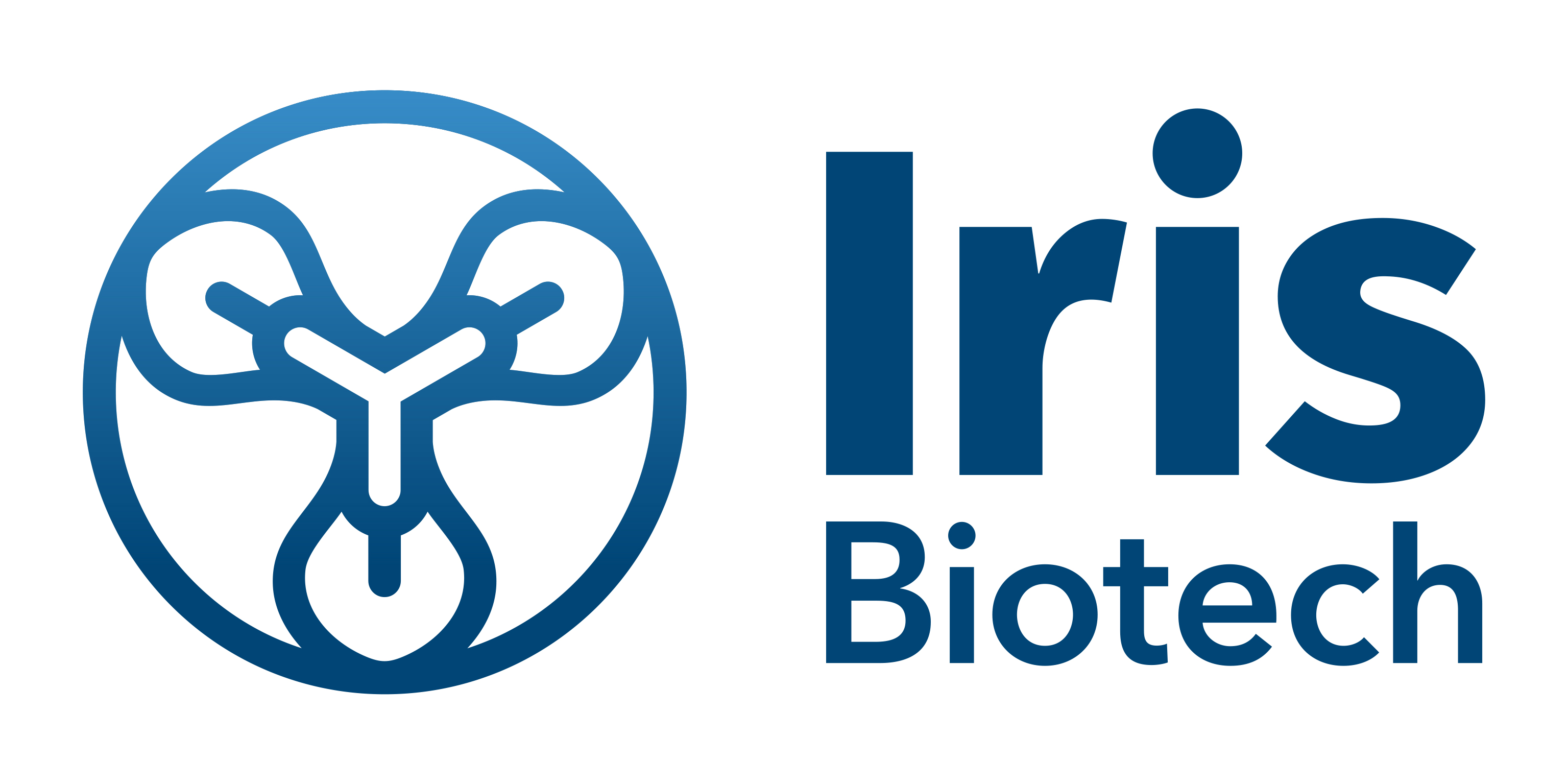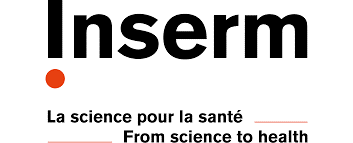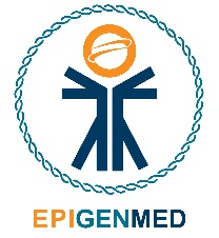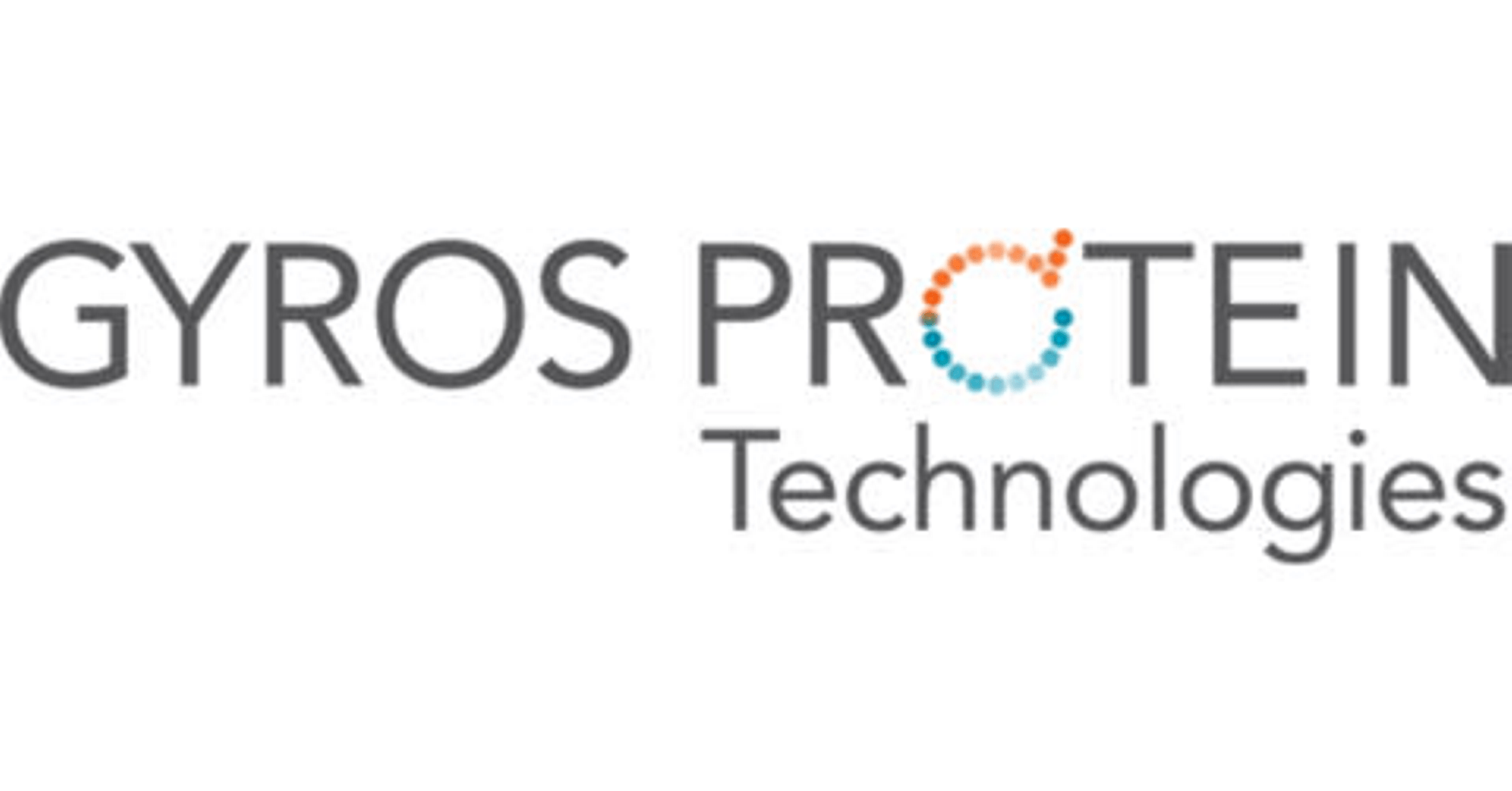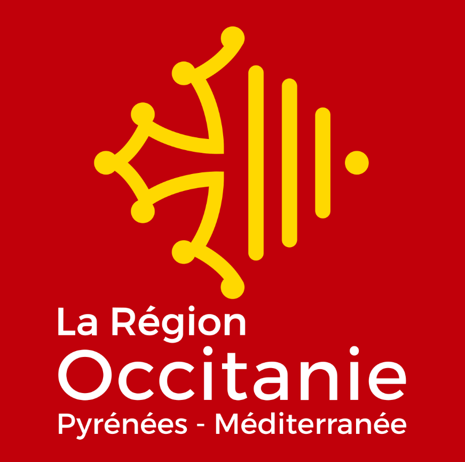
CPP2024 Invited Speakers
Steven F. Dowdy, Ph.D., is Professor of Cellular & Molecular Medicine at UCSD School of Medicine. He received his PhD in Molecular Genetics from the University of California Irvine with Prof. Eric Stanbridge and was a postdoctoral fellow with Prof. Bob Weinberg at the Whitehead Institute, MIT. In 1994, Dr. Dowdy became an Investigator at the Howard Hughes Medical Institute and an Assistant Professor at Washington University School of Medicine. He moved his lab to UCSD in 2001. His early research focused on understanding the molecular basis of G1 cell cycle deregulation during oncogenesis by RB, p16, and cyclin:CDK complexes, determining that cyclin D:CDK4 complexes activated RB by mono-phosphorylation. Concurrently, his research also focused on the intracellular delivery of macromolecular therapeutics, including siRNAs, ASOs, peptides, and proteins. His recent work over the last 10+ years has focused on developing new chemistry to tackle the rate-limiting endosomal escape problem that plagues the intracellular delivery of all macromolecular therapeutics. Dr. Dowdy has been advising biotech and pharmaceutical companies for 35 years, he currently sits on five biotech science advisory boards and is co-founder of Clear Skies Bio. He was an elected board member of the Oligonucleotide Therapeutics Society (OTS) and remains on the OTS science advisory board.
Sarah Jones is a Reader in Pharmacology and a member of the Molecular Pharmacology Research Group at the University of Wolverhampton. For the past 20 years, Sarah’s research has focused on Cell Penetrating Peptides (CPPs) and she has played a major role in the development of bioactive CPPs, bioportides. This has resulted in a paradigm shift from the use of CPPs merely as inert vectors, to their applicability and therapeutic utility as modulators of intracellular protein-protein interactions. Identification of these novel cryptic CPPs within key signaling proteins has resulted in scientific publications regarding the utility of bioportide technology in apoptosis, angiogenesis, and Parkinson’s disease pathophysiology. In 2013, the Molecular Pharmacology Group reported that CPPs readily enter spermatozoa. This development precipitated the subsequent identification of bioportides capable of penetrating human sperm cells to modulate the activities of intracellular proteins that control calcium signaling, motility, and fertilization capacity and as such has laid the foundations for the development of a non-hormonal male contraceptive.
Hanne Mørck Nielsen´s research is focused on drug delivery of biotherapeutics, mainly peptides. Her work is interdisciplinary and involves designing and characterizing functional excipients and drug delivery systems and understanding their delivery propensity related to interactions with biobarriers such as mucus and epithelia, and how this translates to therapeutic responses. Membrane-interacting peptides, and in particular cell-penetrating peptides, their mode of action, and delivery efficiency have been investigated. Hanne Mørck Nielsen completed her PhD in Pharmaceutical Sciences on buccal drug delivery of peptides on research conducted at the Royal Danish School of Pharmacy, Denmark and Leiden/Amsterdam Center for Drug Research, the Netherlands. After a post doc at ETH Zürich, Switzerland working on cell-penetrating peptides, she was employed at the University of Copenhagen and in 2016 promoted to full Professor in Biopharmaceuticals – Drug Design and Delivery. She is Director of the BioDelivery Center and the Drug Delivery and Biophysics of Biopharmaceuticals group at Department of Pharmacy, University of Copenhagen.
Meritxell Teixidó holds a PhD in Organic Chemistry from the University of Barcelona (UB) and an eMBA in Entrepreneurship, Innovation and International Business from UOC. At a scientific level, her field is the synthesis of peptides and the discovery of peptides capable of crossing biological barriers and she was responsible for this research line at the IRB Barcelona for more than 15 years, where she co-directed 10 doctoral theses, published more than 50 articles and participated in 7 patents.
After dedicating more than 15 years to biomedical research at IRB Barcelona, trying to improve the arrival of drugs to the brain by crossing the blood-brain barrier that protects it. She decided to jump more barriers and be the CEO/CSO of Gate2Brain SL. in order to bring technology closer to patients, a challenge and an honor. Jumping barriers is perhaps the common thread that describes her, combining science and innovation with a new vision on leadership, for which she received the Spanish Woman Startup Award 2022 – Inspiration.
Kaido Kurrikoff focuses his research on drug delivery methods, nucleic acid therapeutics, and nucleic acid diagnostics. His background from the PhD studies is Neuroscience and animal models for CNS-related pathologies. Currently, he is exploring the possibilities of developing CPP-based carrier systems for delivering macromolecular therapeutics. He is focused on development nucleic acid delivery methods through in vivo preclinical models, mainly using cancer gene therapy.
Tamas A. Martinek was born in Szeged, Hungary, in 1973. After obtaining his MSc in Chemistry from University of Szeged, Hungary, in 1996, he earned his PhD degree at the same university in 2001 under the supervision of Ferenc Fülöp and with the guidance of Frank G. Riddell at the University of St. Andrews, UK. He is full professor and the head of the Department of Medical Chemistry, Albert Szent-Györgyi Medical School, University of Szeged. He started his independent career in the field of peptidic foldamers focusing on their controlled secondary and tertiary structures. He is currently active in the field of biomimetic self-organizing systems and their applications in drug discovery: endocytotic cell penetration, antimicrobial foldamers, modulation of protein-protein interactions, light-fueled peptidic replicators.
Astrid Walrant did her PhD in Paris, at the Laboratoire des Biomolecules, Pierre et Marie Curie University, under the supervision of Isabel Alves and Sandrine Sagan, between 2008 and 2011. Her Ph.D. work focused on the analysis of peptide/membrane interactions in the context of cell-penetrating peptides.
In 2012, Dr Walrant joined Jenny Gallop’s group at the Gurdon Institute, Cambridge University, as a postdoctoral research fellow. I worked on the regulation of actin polymerization by lipid membranes. My work focused on the regulatory role of certain phosphoinositides, membrane curvature, and curvature-inducing proteins.
In 2014, Dr. Walrant came back to Paris and joined the Laboratoire des Biomolecules as Assistant Professor attached to the Chemistry Faculty. Her research focuses on the analysis of the mechanism of action of membrane-active peptides (cell-penetrating, antimicrobial, viral…) at a molecular level, using biophysical approaches.
Ines Neundorf studied chemistry at the Universities of Freiburg and Leipzig and obtained her diploma in chemistry at the University of Leipzig in 2001. In 2003, she completed her doctorate in organic chemistry there. She then did her Habilitation in Leipzig in the group of Professor Dr. Annette Beck-Sickinger (Venia Legendi in Bioorganic Chemistry). In 2011, during the completion of her Habilitation, she accepted the offer of a junior professorship (with tenure track) in biochemistry at the University of Cologne’s Institute of Biochemistry. In 2016, she was tenured as W2 Professor of Biochemistry. Since 2022, she has been Vice-Dean for Equality, Diversity and Early-Career Researchers at the Faculty of Mathematics and Natural Sciences. She is a member of the University of Cologne’s Advisory Board for Equal Opportunities and since October 2023 she is Vice-Rector for Academic Career and Staff Development.
Her main research interests are in the fields of bioactive peptides, such as: antimicrobial peptides, cell-penetrating peptides, organelle targeting sequences, peptide synthesis and modification, peptides in tumor diagnosis and therapy. Her research results have been published in numerous peer-reviewed journals, and she is co-author of >90 peer-reviewed publications and 4 book chapters. Ines Neundorf is an associate editor of Scientific Reports and since 2013, she has been a member of the Max-Bergmann-Kreis e.V., a network promoting research work in peptide chemistry in Germany, Switzerland and Austria.
Tõnis Lehto is Research Fellow at University of Tartu, Estonia. Tõnis Lehto is a dedicated researcher who defended his PhD in Stockholm University 2018 where he studied nucleic acid delivery with fatty acid modified cell-penetrating peptides (PepFects).
After PhD, his research focus turned to developing scalable microfluidic technologies for formulating RNA therapeutics into precisely defined nanoparticles with novel hydrophobically modified peptides called hPeps.
Currently, he is working on bridging the gap between peptide-based and lipid nanoparticles (LNPs), both in terms of formulation technology and therapeutic applications.
Christian Widmann received his MSc in biology in 1986. He obtained his PhD at the Biochemistry Institute of the University of Lausanne in 1991 under the supervision of Giampietro Corradin. He then worked on the GLP1 receptor as a post-doctoral fellow in the laboratory of Bernard Thorens until 1995. Christian obtained a fellowship from the Swiss National Science Foundation in 1996 to move to the laboratory of Gary L. Johnson at the National Jewish Medical and Research Center in Denver, Colorado, where he worked as a research associate on MAPK pathways until 1998. In 1999, he moved back to Europe and started his own research group at the University Hospital in Lausanne. In 2002, he got an assistant professor position at the Department of Cell Biology and Morphology at the University of Lausanne.
Since 2006, he is an associate professor at the Department of Physiology of the University of Lausanne (now Department of Biomedical Sciences). The first wave of his research was centered on the regulation of cellular stress and how a better understanding of these mechanisms at the molecular level could lead to the development of therapeutic compounds to treat various diseases such as cancer, microbial infections, and diabetes. The current focus of his laboratory is on the mechanisms of entry of cell permeable peptides
We thank our sponsors

